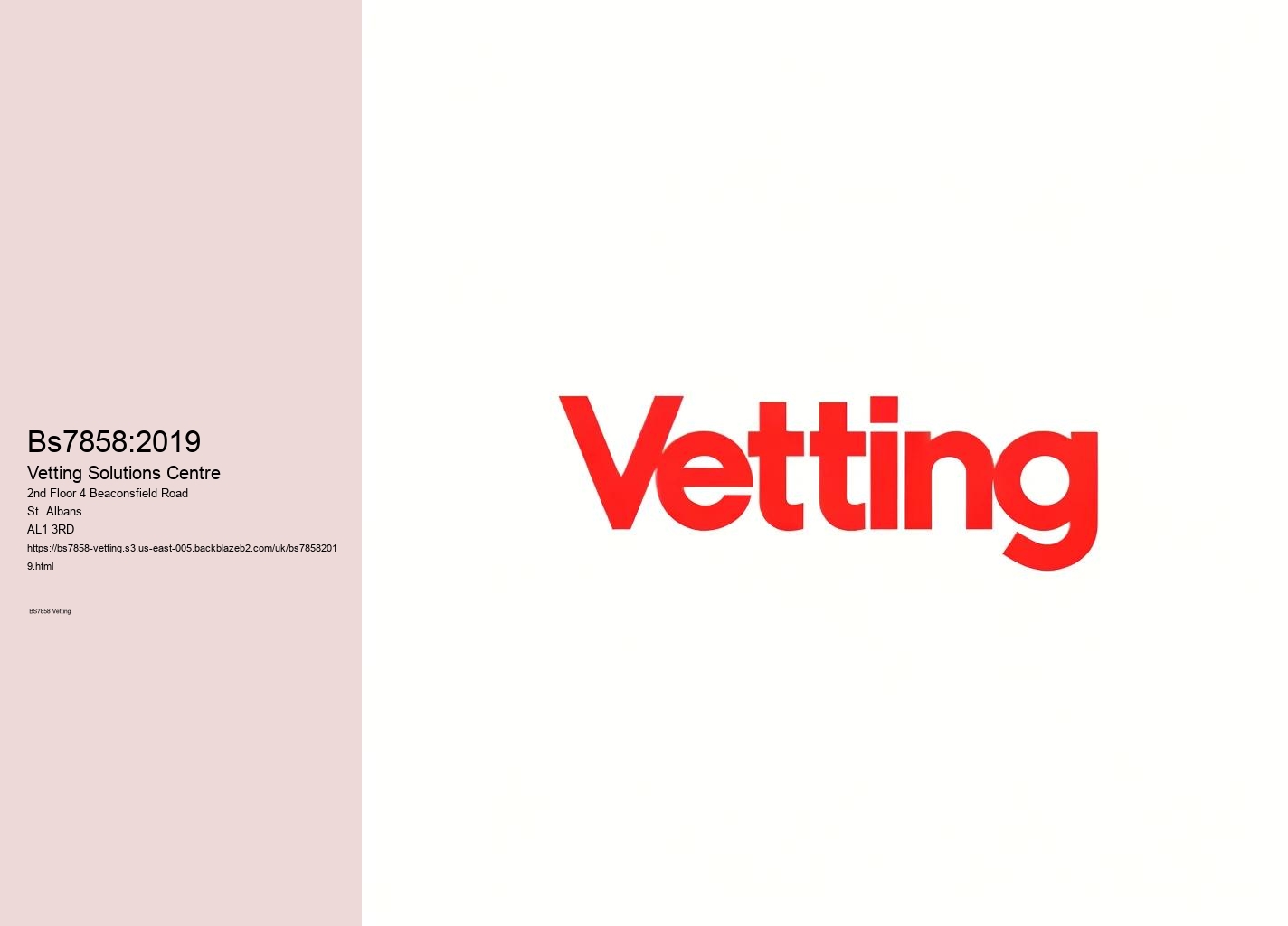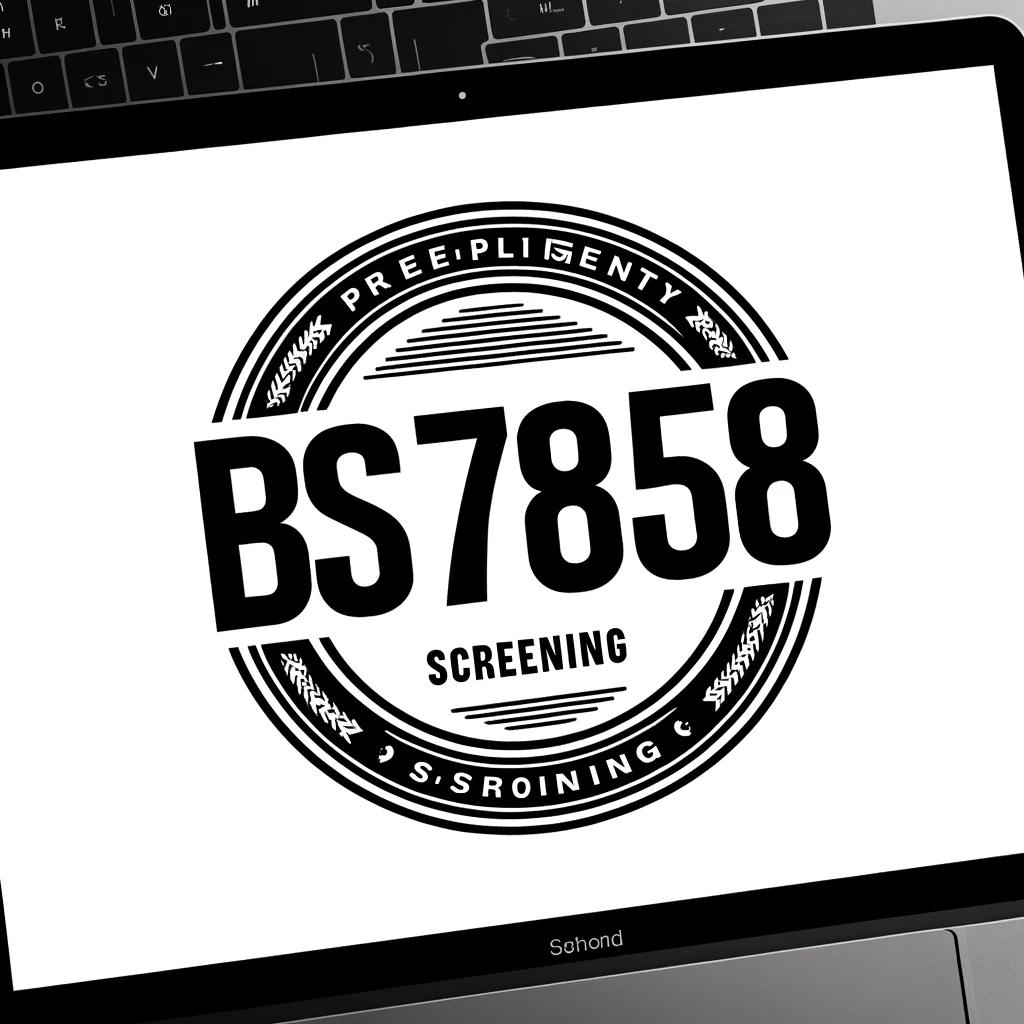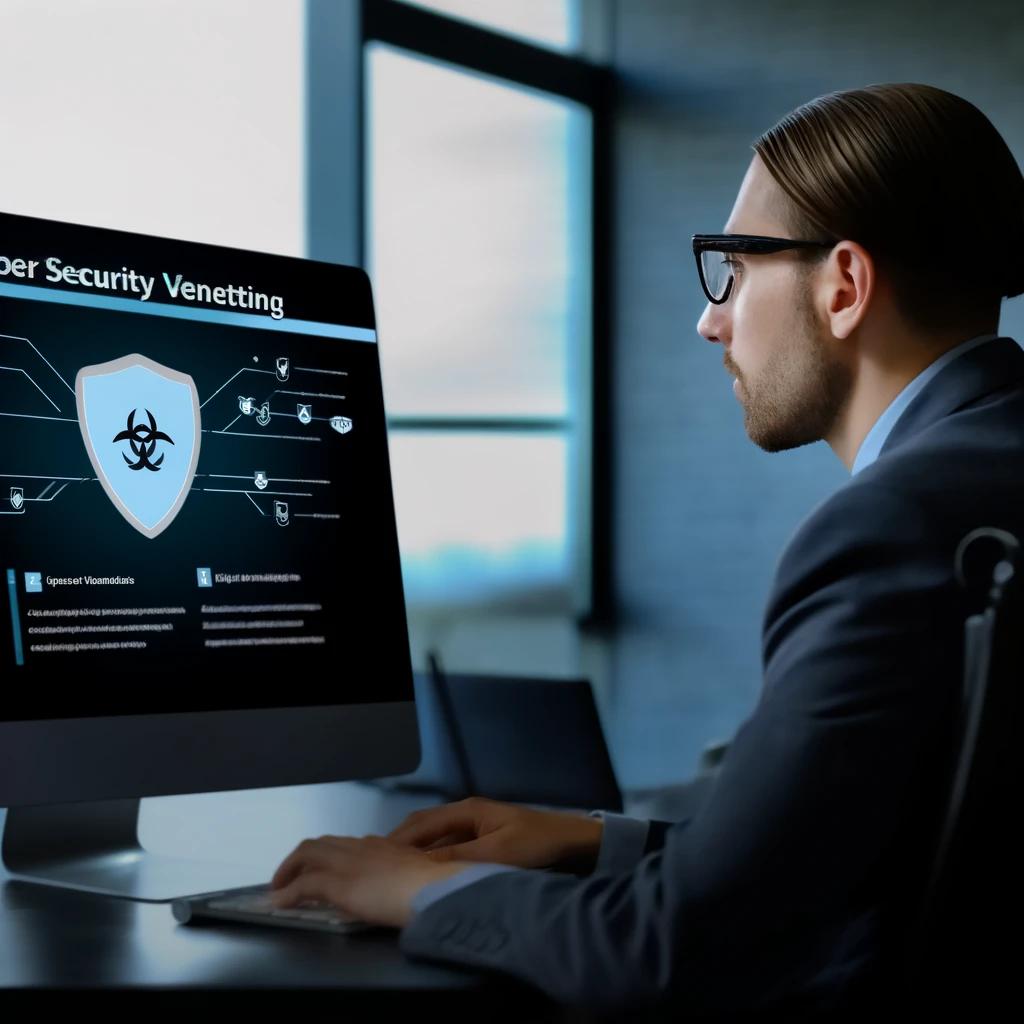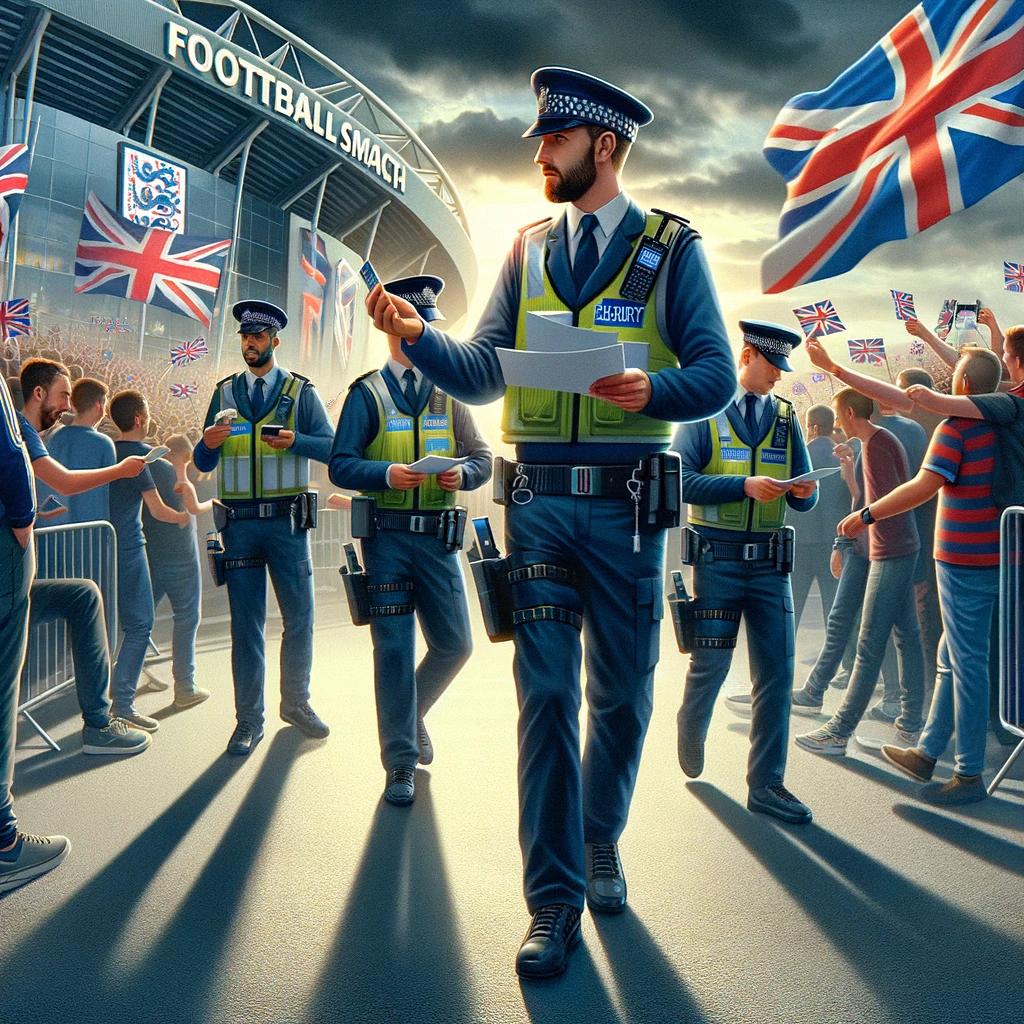

advantages of outsourcing BS7858 Vetting
Outsourcing BS7858 vetting checks can offer a lot of advantages. It can save you a lot of money as you won't have to hire or train staff to do these checks in-house. Vetting com-panies can do it all for a much lower cost because they do this at a larger scale.
Additionally, by outsourcing, you can access expertise and resources that you may not have, allowing for more thorough checks. This means you're not restricted by what you can do internally and can check more widely.
Another big plus is that it can save you a lot of time. Vetting can take a while, especially for checks that need to be done internationally. By having a vetting company do it, you can focus on other parts of the hiring process. These companies can do these checks quickly, taking some of the load off your team.
When we compare BS7858:2019 to the older BS7858:2012, there are important changes in who it applies to, how much managers need to be involved, how hiring decisions are made, and how much responsibility your business keeps, even when you use outside help for background checks.
7. Who It Applies To: BS7858:2019 can be used by any business that needs to do security background checks, not just those in the security industry like the 2012 version. This wider use means all types of businesses can benefit from thorough background checks.
8. Managers' Role and Responsibility: The new standard says top managers must play a major role in making sure the rules are followed. Even if you hire another company to do the background checks, your business is still ultimately responsible. This highlights how vi-tal it's to pick a trustworthy company for these checks.
9. How Hiring Decisions Are Made and References: The 2019 standard uses a risk-based approach for hiring. This means if something negative comes up in the background check, it doesn't automatically mean the person won't be hired. Instead, managers need to look at each situation individually. Also, the 2019 version got rid of the need for personal character references because there were issues with how this system was used.
These important changes mean that the new standard is more inclusive, holds business-es more accountable, and makes the process of background checks more effective. Knowing these differences can help you make sure your business is following BS7858:2019 correctly.


Documents required for BS7858 Vetting. Knowing the differences between BS7858:2019 and BS7858:2012 is key, and it's just as important to know what documents you need for BS7858 checks to keep your business in line with the rules.
For checking work history, you need PAYE Records, tax records from HMRC/National In-surance, Payslips, and P45 or P60 papers. If you work for yourself, keep your tax return forms, invoices to customers, and bank statements showing payments from clients close by.
You can show your education and qualifications with certificates, school reports, student loan letters, and other similar letters. If there are gaps in your work history like maternity leave, military service, being made redundant, travelling, volunteering, caring for some-one, or being unemployed, you need to have proof such as birth certificates, military ID, paperwork from being made redundant, visas, letters showing you did voluntary work, al-lowances, benefit letters, and so on.
Don't forget other documents and services like SIA Licences, if they apply, and make sure you know how to get PAYE records for free. By having these papers ready early, you'll make the checking process easier and help your business follow the BS7858:2019 rules.
What is the dffference between BS7858 and BPSS Vetting When we talk about BS7858 and BPSS vetting, they're different in how deep they dig into someone's history, who needs to have them, and how far back they look at someone's work history.
BS7858 is a thorough check used for jobs where a person might handle sensitive infor-mation. It digs deeper and gives a higher security pass. This process looks back at the person's job history for the last five years. In comparison, BPSS is a simpler check used for jobs where a person might handle government stuff. It only looks back three years into a person's job history.


10. How Deep They Dig: BS7858 digs deeper than BPSS. It checks things like who you are, where you live, your credit, and your past jobs.
11. Who Needs Them: If a job involves handling secret stuff, BS7858 is needed. For jobs in-volving government stuff, BPSS is needed.
12. How Far Back They Look: BS7858 looks at the last five years of a person's job history, while BPSS only looks back three years.
Knowing these differences can help you pick the right check for your organization's needs.
Digital tools like Live Identity Verification Technology (IDVT) play a crucial role in streamlining the BS7858 vetting process, making it more efficient, se-cure, and reliable. Live IDVT encompasses a range of technologies, includ-ing biometric verification, real-time document scanning, and facial recogni-tion, to confirm the identity of individuals in a remote setting. Here’s how such technologies enhance the BS7858 vetting process:
1. Enhanced Accuracy in Identity Verification
